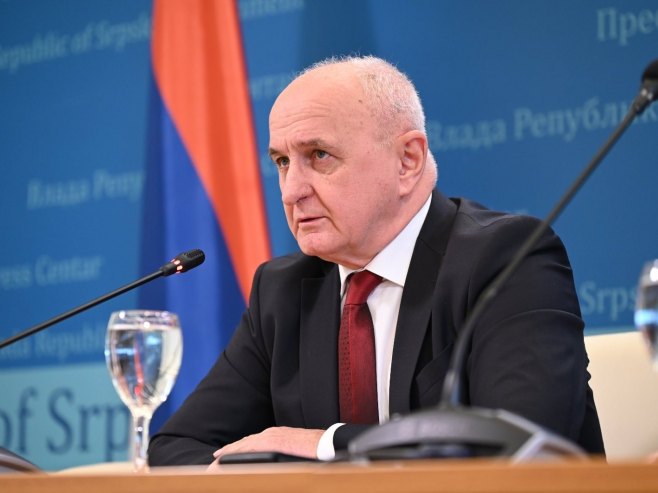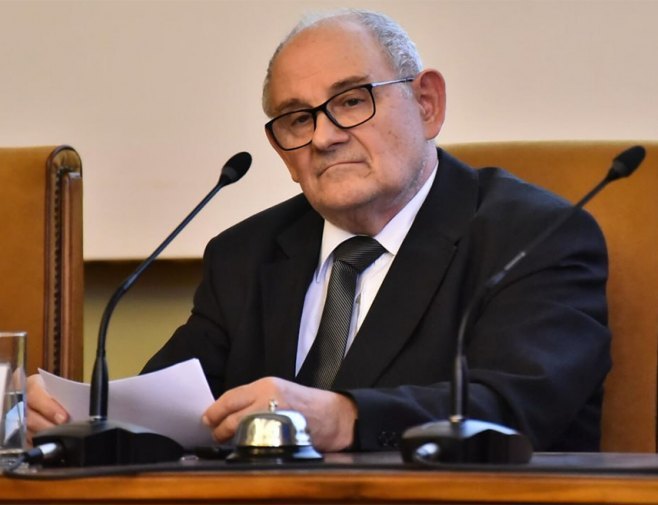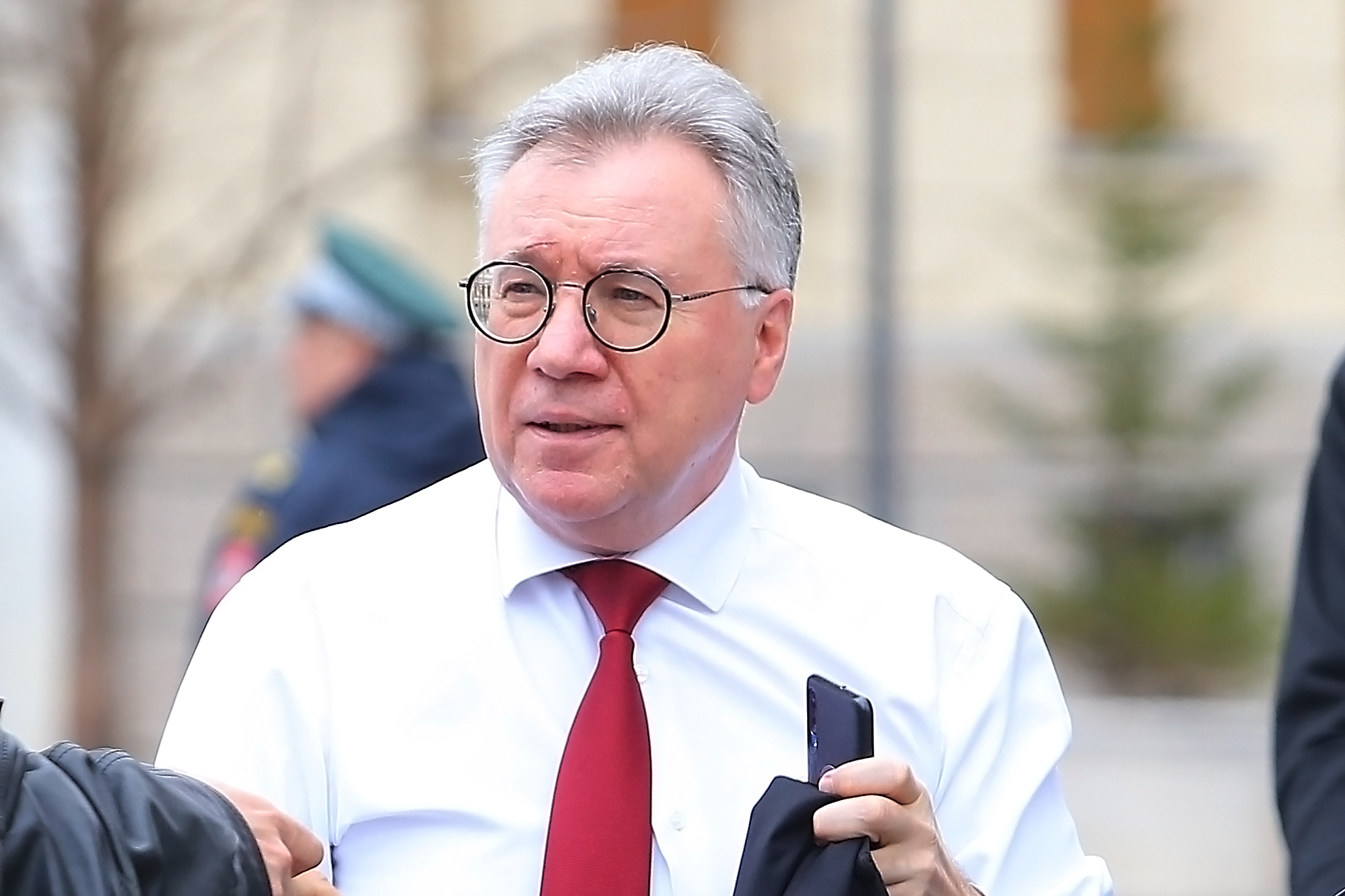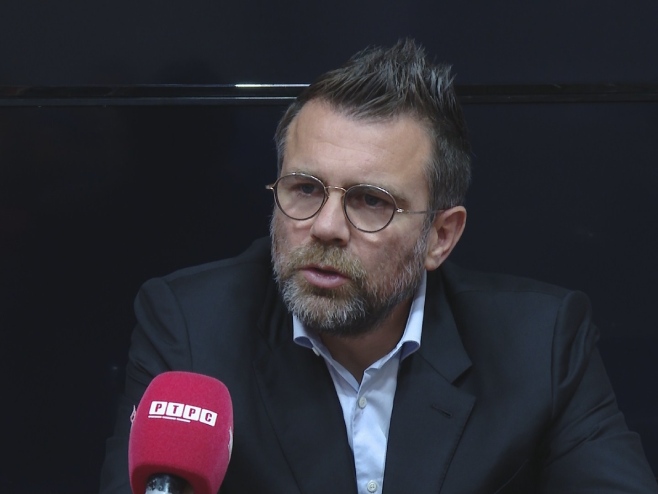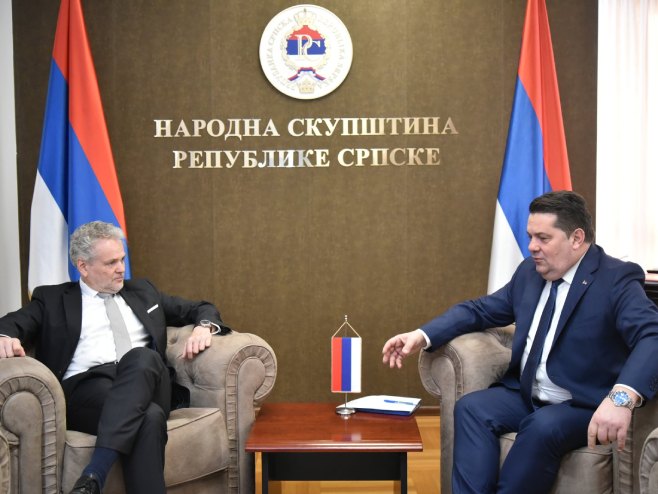Academician Kosta Čavoški stated that all foreign funding of organizations involved in politics must be prevented, emphasizing that claims suggesting Republika Srpska’s law on non-profit organizations is an attack on civil society and freedom of expression are nothing more than “stories for children.”
“In my opinion, the vast amount of American aid sent to BiH primarily went to Muslims and Croats, and I assume that most of it was directed to the opposition in Republika Srpska, which stands against President Milorad Dodik,” Čavoški told SRNA.
He pointed out that funds channeled through USAID into Serbia were used to finance so-called NGOs that are not truly non-governmental organizations.
“Real non-governmental organizations are the Red Cross or the Circle of Serbian Sisters, because they do not receive government money but rely on voluntary contributions. However, if you are receiving money from a U.S. agency in Washington or the European Commission in Brussels, then you are not a non-governmental organization—you are a governmental organization, just not one of Republika Srpska’s government, but of the EU or the U.S. government,” Čavoški emphasized.
Republika Srpska follows international precedents
Čavoški noted that Republika Srpska is not the only country adopting such a law and recalled that Hungary had introduced a similar law long before.
“In Hungary, NGOs receiving foreign money were used to undermine the ruling party,” Čavoški reminded.
As a retired law professor, he believes that all foreign financing of politically active organizations must be blocked.
“I have no issue with charitable organizations that take care of orphans, the elderly, or similar humanitarian causes, but I strongly oppose any foreign funding for those engaged in politics,” he stated.
“Stories for children” – rejecting claims of an attack on civil society
Regarding accusations that this law undermines civil society and freedom of speech, Čavoški dismissed them as unfounded.
“Public opinion is controlled by denying people access to mainstream media. These organizations are not being prevented from expressing their views—they have their own media outlets, and there are likely television stations in Republika Srpska that support them, which they actively use,” Čavoški explained.
He asserted that monitoring NGO funding cannot be considered a restriction of free speech.
Skepticism over Trump’s ICC sanctions
Regarding U.S. President Donald Trump’s announcement of sanctions against the International Criminal Court (ICC), Čavoški expressed doubt that this move would put an end to attacks on national sovereignty in the future.
Source: RTRS

